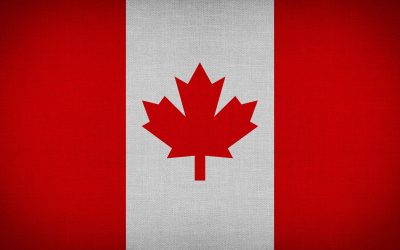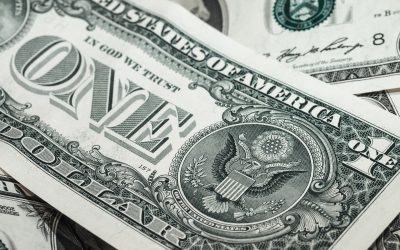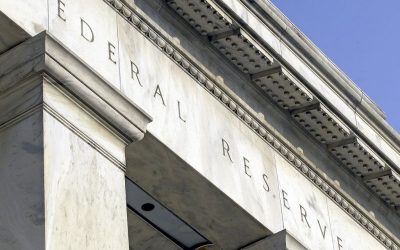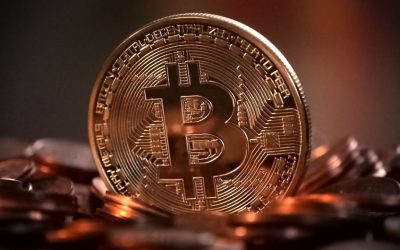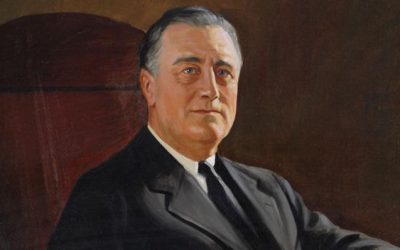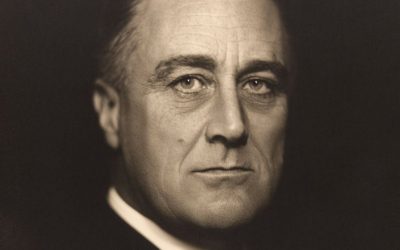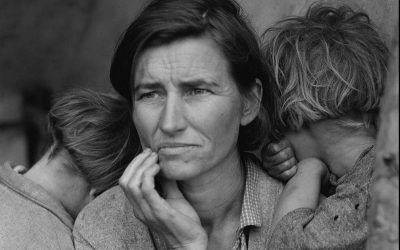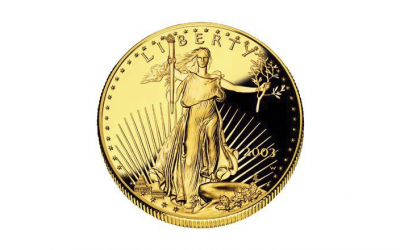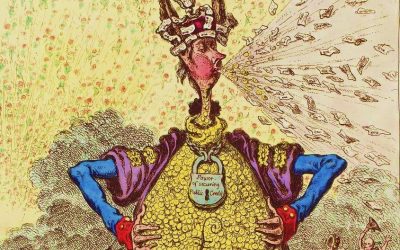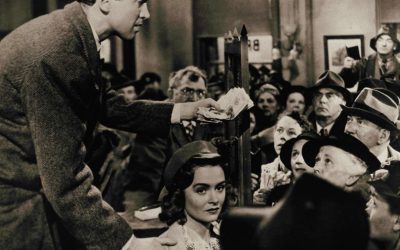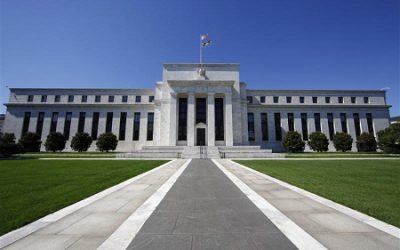If Canada’s relatively “free” banking system was so stable, why did the Canadian government establish the Bank of Canada in 1935? And why did it establish a Canadian Deposit Insurance Corporation (CDIC) some three decades later?
George Selgin
What Money Is, and What It Isn’t
A Three-Pronged Blunder, or, what Money is, and what it isn’t.
In Defense of Bank Deposits: An Open Letter to Professor Omarova
“Although commercial bankers often err in deciding who to lend to, I believe they are far less likely to do so than a body of government-appointed bureaucrats.” – George Selgin
The Bitcoin Law: El Salvador’s Counterfeit Free Choice in Currency
Bitcoin adoption should be a free choice – neither banned nor compelled by law.
The New Deal and Recovery, Part 8: The NRA
The 1933-37 recovery fell far short of reversing the collapse the U.S. economy suffered between 1929 and 1933, and that this disappointing outcome was the result of New Deal policies aimed at boosting wage rates. The resulting higher wage rates prevented the revival of spending from sponsoring a corresponding revival of employment.
The New Deal and Recovery, Part 7: FDR and Gold
The causes of the gold inflow that fueled the post-1933 recovery, and especially the part played by FDR’s decision to devalue the dollar.
The New Deal and Recovery, Part 6: The National Bank Holiday
During the opening days of March, 1933, the U.S. economy resembled a stricken body slowly bleeding out, its organs failing one by one. The Federal Reserve System was hemorrhaging gold, and entire state banking systems were shutting down one after another. I
The New Deal and Recovery, Part 5: The Banking Crisis
To understand how the world’s largest economy ended up shutting-down its entire banking system, one must first be aware of a long-standing defect of that system and of how it led, first to the proliferation of small and under-diversified banks, and then to as many bank failures.
The New Deal and Recovery, Part 4: FDR’s Fed
If ever an administration had control over Fed policy, and monetary policy more generally, FDR’s was it. It follows that, if monetary policy did less than it should have to end the Great Depression, the Roosevelt administration must bear a good share of the blame.
The New Deal and Recovery, Part 3: The Fiscal Stimulus Myth
Although almost everyone assumes that fiscal stimulus played a big part in bringing the Great Depression to an end, the truth is that its contribution was insignificant.
The New Deal and Recovery, Part 2: Inventing the New Deal
The New Deal wasn’t a grand scheme at all, but an assemblage of steps and programs, many of which were decided upon or concocted only after Roosevelt took office.
The New Deal and Recovery
I hope to introduce my readers to evidence casting doubt on the view that New Deal programs ended, or mostly ended, the Great Depression.
The New Deal and Recovery, Part 1: The Record
When I say “the New Deal,” I mean the “series of programs, public work projects, financial reforms, and regulations enacted by President Franklin D. Roosevelt in the United States between 1933 and 1939.”
A Free-Market Gold Standard?
Any official effort to link the dollar to gold today would be just another act of monetary central planning.
Scottish Banks and the Bank Restriction, 1797-1821, Part 3
Blame the Bankers, Not Freedom in Banking
Scottish Banks and the Bank Restriction, 1797-1821, Part 2
That there was widespread support for the Scottish bank suspension did not, however, mean that the suspension left the Scottish public unscathed.
Scottish Banks and the Bank Restriction, 1797-1821, Part 1
Does the Scottish suspension suggest that fractional reserve banking is, inconsistent with genuine freedom in banking, including the consistent honoring of bank customers’ property rights?
A Monetary Policy Primer, Part 11: Last-Resort Lending
Forget about monetary policy for a moment or two, and imagine, instead, that you’re back in 6th grade. You and your classmates are about to go on a camping trip, involving some strenuous hiking, and lasting several days.
A Monetary Policy Primer, Part 10: Discretion, or a Rule?
Forget about monetary policy for a moment or two, and imagine, instead, that you’re back in 6th grade. You and your classmates are about to go on a camping trip, involving some strenuous hiking, and lasting several days.
Wrong Lessons from Canada’s Private Currency, Part 3
The real lessons to be learned from Canada’s 19th-century currency system.
Like this content? Subscribe to support our work — it's free.
Read by students, professors, and citizens, Capitalism Magazine provides over 9,000 free to read articles and essays from pro-reason, individual rights perspective. 100% independent.
No spam. Unsubscribe anytime.

